Last month, 76 LGBTQ2S+ organizations across Canada—from a health clinic working in remote Indigenous communities in the High Arctic to a peer support group working among sex workers in the country’s largest city—divvied up $15 million in funding from the federal government. The project, called the LGBTQ2 Community Capacity Fund, was first conceptualized in 2019 with the goal of advancing equity for queer and trans-focused organizations that are often overlooked and underfunded. The advent of a global pandemic has only heightening existing inequalities. “We know LGBTQ2S+ organizations have been struggling during the pandemic,” Bardish Chagger, the minister of diversity and inclusion and youth, said during the announcement of the funding on Feb. 11. “But that strain is largely due to longstanding inequities, not just COVID-19.”
How will the organizations receiving funding benefit from the LGBTQ2 Community Capacity Fund? Xtra spoke to five of these organizations to learn more about who they are, the challenges the pandemic has presented them and what their goals are for the funding.
Generous Space Ministries
Mississauga, Ontario
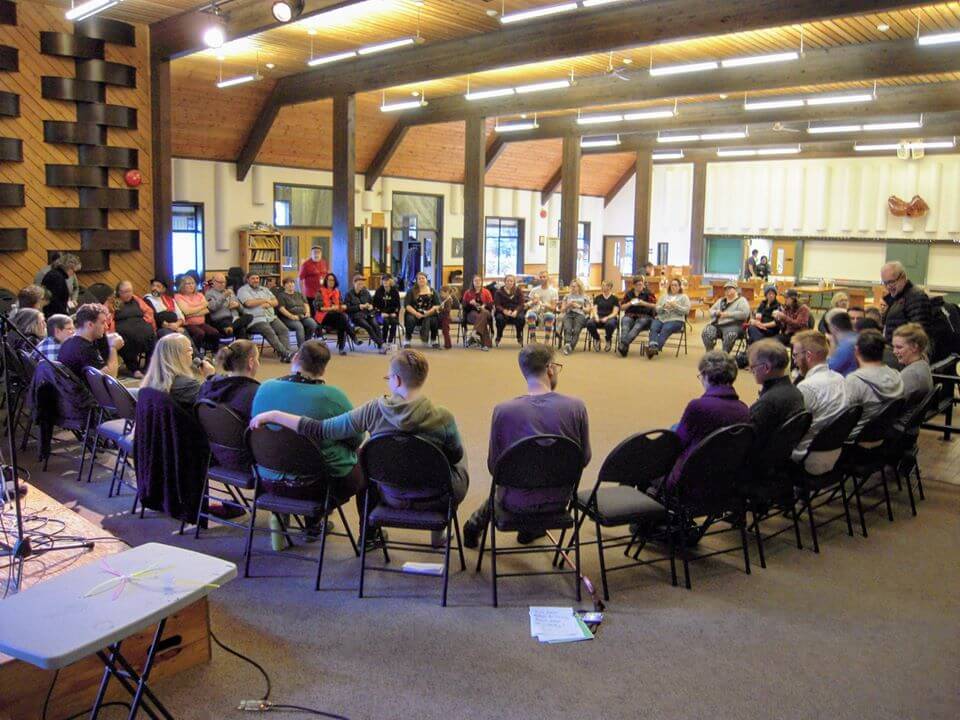
Credit: Courtesy Generous Space
There’s a common misconception that queerness, transness and Christian faith are incompatible. But Christian LGBTQ2S+ ministry Generous Space Ministries is working to change that. The ministry, based in Mississauga, Ont., works to celebrate queer and trans Christians and repair religious-based harm queer and trans folks have suffered in the past. They have not always had this goal: The organization began in 1985 as an ex-gay ministry. Then in the early 2000s, stories from people who were subject to various conversion therapies helped the ministry realize they were causing deep harm and trauma. Gradually, the ministry’s focus began shifting from a conservative faith to one that celebrates the diversity of LGBTQ2S+ people—they broke ties with their umbrella organization Exodus in 2008 and offered a public apology for the harm they caused. Today, Generous Space works to connect with queer people interested in celebrating both queerness and faith in an environment that affirms both.
Central to the ministry’s mandate is providing a space where survivors of conversion therapy or anyone who has experienced religious-based harm can address their needs and how the ministry can help with healing. They have more than 30 local groups across Canada and typically conduct three retreats each year for LGBTQ2S+ Christians, allies and those questioning their faith. In addition to peer support, they also provide resources, such as referrals to therapists who understand the dual importance of faith and queer identity.
“Any religious leader is responsible for telling anyone who approaches them that is not heterosexual or cisgender that trying to change is harmful.”
“I want the message loud and clear: Any religious leader—regardless of beliefs—is responsible for telling anyone who approaches them that is not heterosexual or cisgender that trying to change is harmful, and within the context of our religion there are affirming perspectives now,” says executive director Wendy VanderWal-Gritter. Generous Space, she adds, has built a reputation as one of the only ministries that is an LGBTQ2S+-affirming space, and so they are often the go-to guides when other faith organizations encounter LGBTQ2S+ members.
But helping LGBTQ2S+ folks get the help they need during the pandemic has been tough. VanderWal-Gritter says hosting conversations with survivors in particular has been challenging because it is difficult to connect and conduct sensitive conversations virtually. Regardless, Generous Space has increased their online efforts and accessibility for virtual community check-ins. A positive takeaway from the virtual pandemic gatherings, however, is that people who may struggle to attend in-person groups or retreats—whether due to social anxiety, physical proximity or ability—are more able to participate virtually.
VanderWal-Gritter makes clear the deep humility with which Generous Space approaches their work. They seek to be accountable for the harm they have contributed, and they are transparent about it and take responsibility by owning it, asking survivors how they can work together to repair that harm. “Being trusted to work on this project with survivors—it is one of the most profound gifts of the last 20 years,” VanderWal-Gritter says.
Alliance for South Asian AIDS Prevention (ASAAP)
Toronto, Ontario
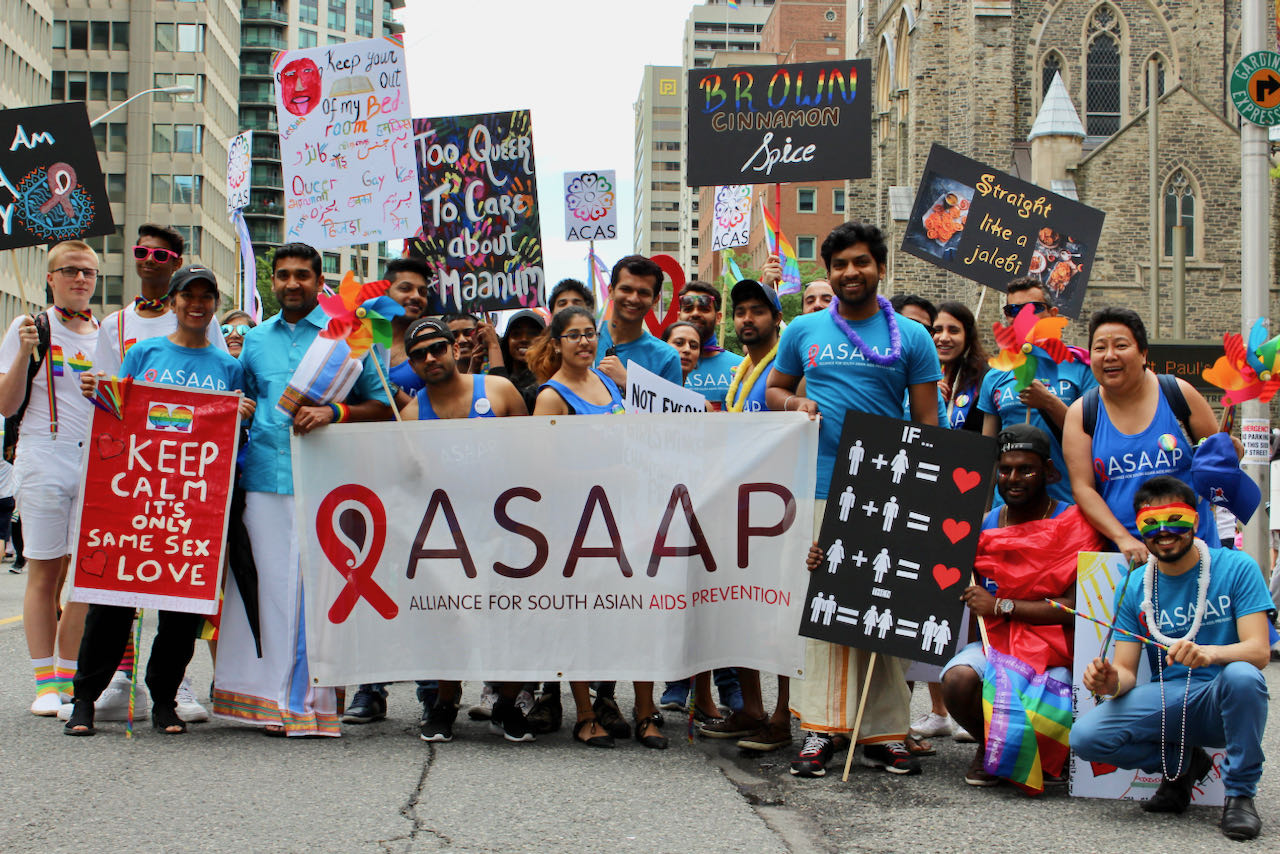
Credit: Courtesy ASAAP
The Alliance for South Asian AIDS Prevention (ASAAP) exists because of a critical gap in AIDS information outside of a stereotypical Western context. Formed 32 years ago following the death of a South Asian couple who were unable to access information about HIV/AIDS in their own language and cultural context, the organization aims to share information, offer support and safety and break the stigma around HIV/AIDS for South Asian people. ASAAP offers sexual health education, support programs and groups and sensitivity training; this programming is offered in multiple languages including Farsi, Hindi/Urdu, Punjabi, Nepalese, Tamil and Arabic.
ASAAP differs from other AIDS organizations because of its focus on understanding the intersectional challenges South Asian and Middle Eastern people face, including being racialized, queer and an immigrant. ASAAP serves a diverse demographic, from younger clients to those in their 70s or 80s, as well as people who are currently living with HIV. Discussion of sexuality in South Asian cultures is often limited because of the heavy association with shame, so just providing a safe space to host these conversations goes a long way in helping people.
As a queer immigrant who is new to Canada, “you’re faced with that transphobia, you’re faced with racism, you’re faced with rejection and isolation from the mainstream communities,” says Praney Anand, ASAAP’s interim executive director. “And you’re kind of in this limbo stage of neither feeling like you belong back home nor in this new environment.”
“It’s challenging because the strength of a lot of our programs was to bring people together in a physical space.”
The pandemic brings additional complexities for South Asian queer people: Not only are many of them isolated from their chosen families in Canada, they are unable to see biological family who may live in different countries. Anand says that a lot of ASAAP’s clients are accessing programming over the phone or via online workshops, although it is challenging for those who do not have technology or experience navigating online platforms. For many, it’s important to share a physical space to form bonds with other clients—particularly ASAAP’s Cardamom Kitchen program, where a meal is collectively prepared and conversations happen in person, over food. “It’s challenging because the strength of a lot of our programs was to bring people together in a physical space, to enjoy a workshop and to meet with each other and form relationships,” Anand says.
With the Capacity Fund, ASAAP is planning to conduct a needs assessment study with Middle Eastern and South Asian people. They hope that collecting primary data will help them better understand their clients’ needs and see the gaps in public health services, and from there design new training curriculum to address those gaps.
Yukon Pride Centre
Whitehorse, Yukon
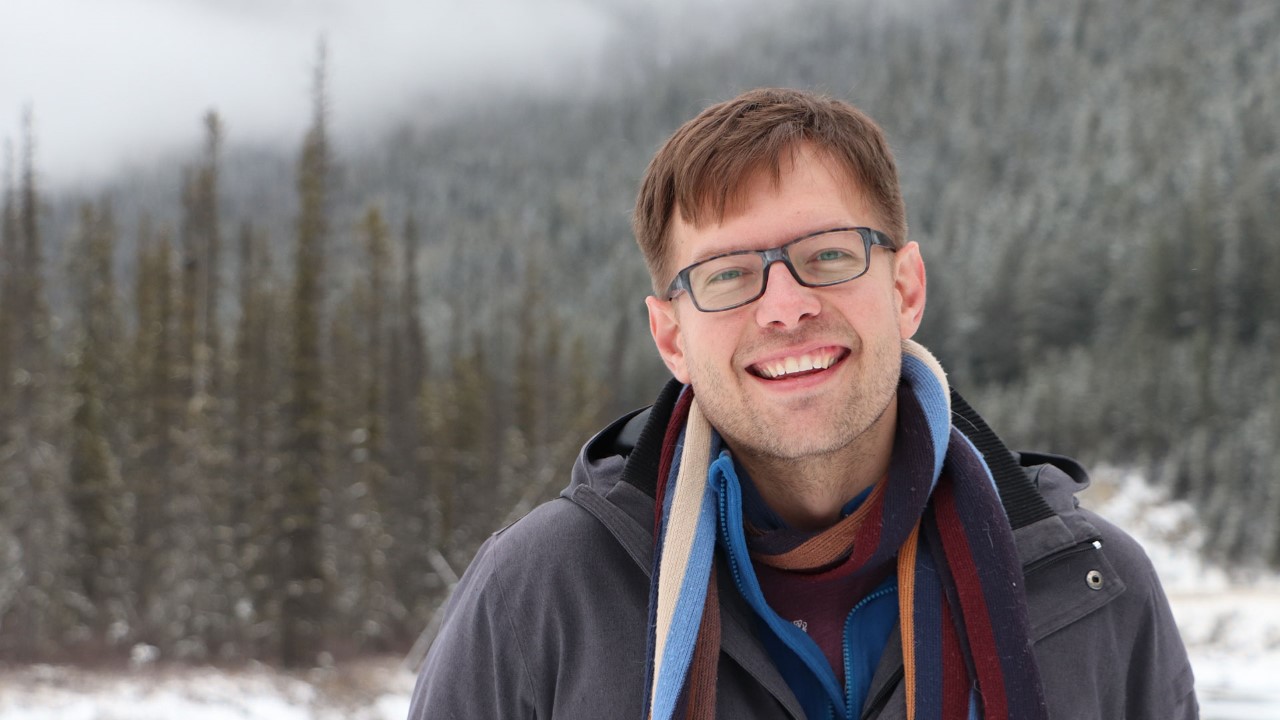
Credit: Courtesy Yukon Pride Centre
The Yukon has a perhaps surprisingly dedicated queer community—it was the first territory to legalize gay marriage in 2004 and the first to ban conversion therapy in 2020. For a small community, a high percentage of people identify as LGBTQ2S+, and they are in need of a formal, inclusive resource hub and gathering space. First conceptualized in 2019, the Yukon Pride Centre is a new initiative created by the Queer Yukon Society with the intention of addressing the unique needs of queer people in the Yukon.
The Queer Yukon Society’s federal funding will be used to help develop the structure and foundation of the Yukon Pride Centre, a space that will provide mental health resources, educational opportunities and other supports for LGBTQ2S+ folks. The organization is still in the early stages of development, according to executive director Joe Wickenhauser—starting with community consultations to understand what queer and trans folks in the Yukon need.
Wickenhauser says that some of the supports requested may be surprising because people living in the Yukon have unique needs. For example, many houses in the Yukon use wood-burning stoves, but the people relied upon to provide basic services like wood cutting may not be accepting of the LGBTQ2S+ community. Because wood cutting is often a very gendered activity, people are seeking workshops to learn how to use a chainsaw and cut their own wood for fuel.
“We’re envisioning it as being a space where people can find ways to support our community in ways that people don’t expect.”
Wickenhauser and his team are also looking for permanent office space in Whitehorse. “We’re envisioning it as being a space where people can go to access support and resources, but also have programming and find ways to support our community in ways that people maybe don’t expect,” Wickenhauser says. But finding adequate office space is proving challenging: They’ll need a spot that’s safe and won’t out those going to the centre—a tough find in Whitehorse’s current real estate market.
As it lays foundations, the Pride Centre is looking to reach a larger demographic of people, including French-speaking residents and Indigenous folks. But reaching rural communities who may not have access to cell phones can be costly and difficult. One of the organization’s goals is to develop French-language services and partner with Indigenous groups. Wickenhauser acknowledges that the Queer Yukon Society is occupying the traditional territories of the Kwanlin Dün First Nation and the Ta’an Kwächän Council, and that a big priority for him is to reach out to Indigenous peoples and ask them what supports the Pride Centre can help provide.
Once the Pride Centre finds a space to call home, they want to fill it with books. Wickenhauser says they hope to see some book donations, as there is a “huge demand” for queer and trans books in the North. He stresses that although the Capacity Fund is helping fund the Pride Centre’s community research and organize basic programming, they will still seek a lot of funding from future donations or government grants to actually run programs.
LGBT+ Family Coalition/Coalition des familles LGBT
Montreal, Quebec
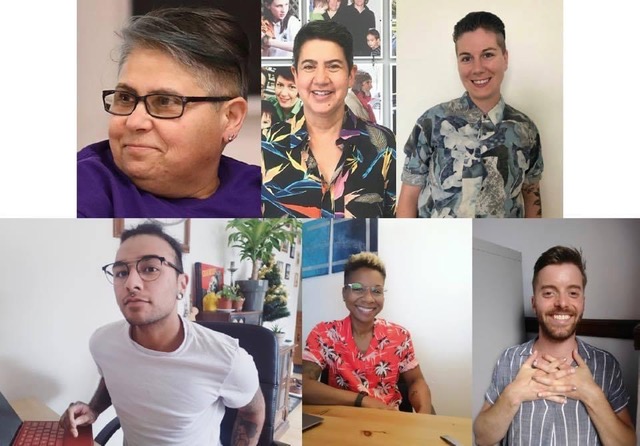
Credit: Courtesy LGBT+ Family Coalition/Coalition des familles LGBT
The LGBT+ Family Coalition—the largest LGBTQ2S+ organization in Quebec—was formed in the 1990s by a lesbian couple trying to start a family. The women faced social and legal obstacles when trying to adopt or foster a child in a way that involved both mothers. Their personal advocacy gained attention of other lesbians who were or wanted to become parents, but found little to no accepting spaces to navigate this challenge or simply exist as families without judgement and discrimination. In 1998, the Lesbian Mothers Association was officially formed, and by 2013 saw about 1,300 member families (including gay men) across the province.
The organization focuses on helping queer families understand their options for family planning, providing support and social connections and fighting legal battles for family rights. One of their first legal wins was gaining the legal right to have two same-sex parents listed on a child’s birth certificate. Currently, they are fighting for Quebec to legally recognize families with more than two parents by allowing three or more parents to be listed on a birth certificate (as British Columbia and Ontario have already done).
Co-president Valerie Mallamo joined the organization in 2001. She says there are three main components to the work that the LGBT+ Family Coalition does: The first is defending rights and advocating for equal access parenthood for LGBTQ2S+ families. The team meets with elected officials and sits as legal counsellors, and they are considered experts on LGBTQ2S+ legal considerations in Quebec. A recent win in court was gaining the right for a trans parent who transitioned after their child was born to retroactively change their title on the child’s birth certificate, although the province remains behind B.C. and Ontario’s recent legal contracts for surrogate parents.
“The pandemic challenges also turned into an opportunity to reach people in remote areas.”
But the legal component only accounts for about 10 percent of the organization’s time. The second element the team focuses on is services for members, particularly for people who are looking for peer support as they begin families or cope with being parents of young children. They run programs including family preparation courses, and have resource guides available, such as adoption and fostering, insemination and legal guides. Mallamo says that membership with the LGBT+ Family Coalition is constantly on rotation because generally once their children are over the age of 10, parents become less involved with the group.
The last component is raising awareness through training. Mallamo says that kids in LGBTQ2S+ families often comment that their teachers don’t talk about diversity, meaning schools were doing a poor job of handling homophobia and transphobia and representing diverse families. To start from the ground up, the Coalition focuses a lot of training on primary and secondary schools to combat the prejudice kids often learn in those environments. The organization currently trains educators, teachers and social workers to make educational spaces more inclusive.
There’s still plenty of work to be done. Mallamo says BIPOC and Two-Spirit families are underrepresented in the Coalition, so they have hired people from those communities to help with outreach and to create partnerships with other organizations to help address unmet needs. But the pandemic has only slowed efforts of connection: Training and supports have moved online and people—especially youth in unsupportive families—have been struggling more as a result. But, Mallamo says, “these challenges also turned into an opportunity to reach people in remote areas, because they can participate easier online if parents don’t have a lot of time to attend in person programming.” She says that after the pandemic, they intend to keep the virtual programming going.
Wabanaki Two Spirit Alliance
Atlantic Region
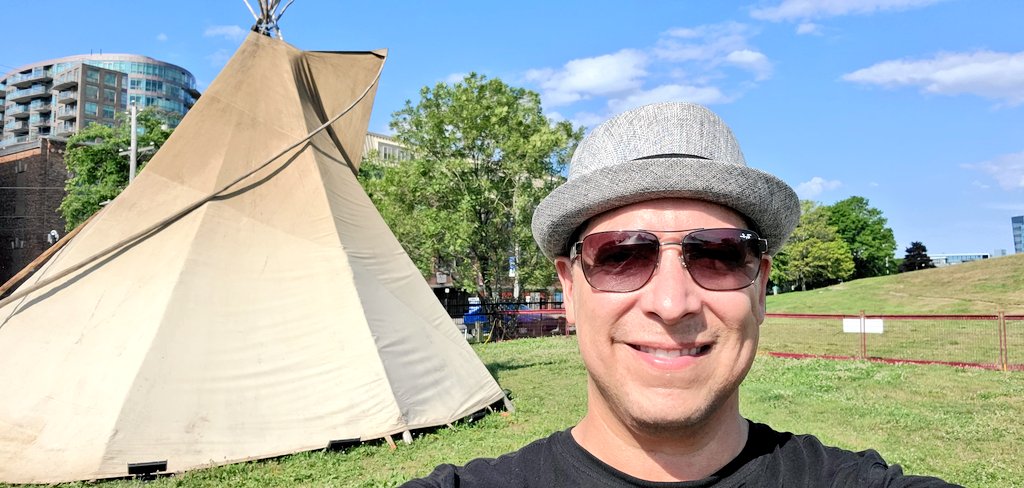
Credit: Courtesy Wabanaki Two Spirit Alliance
The Wabanaki Two Spirit Alliance (W2SA) was officially formed in 2011 following a suicide crisis that particularly affected Two-Spirit folks. In response, a large gathering of Two-Spirit people—in addition to healers, knowledge holders, Elders and council members—came together in Nova Scotia. According to John R. Sylliboy, co-founder of the W2SA, people came together over several days of spiritual ceremony and had crucial and difficult conversations. People shared stories of survival and resilience, and from those stories, the organization developed a mission and vision to care for and represent the emotional, spiritual, mental and physical well-being of Two-Spirit and Indigenous LGBTQ+ peoples in the Wabanaki Territory, which stretches across Canada’s East Coast, Quebec and Maine.
“We had to start from zero and even step back below zero and start building up a sense of who we were and who we are and who we will be,” Sylliboy says.
Today, the W2SA consists of a diverse group of volunteers, Elders, researchers, academics, knowledge holders and other allies.
Sylliboy says it was important for the Alliance to tell stories that don’t focus on negative colonial ideas, but instead establish their roots as a community to bring people together to move forward. They discuss language, the stories being told and the stories they want to be telling, to move forward in informed and united ways. Sylliboy says their foundation is in peace and friendship and building relationships in order to expand outward. “We can’t move forward without each other,” he tells Xtra.
“We are Indigenous people who come from land-based and family-based cultures. It’s really hard when you’re disconnected from that.”
When the pandemic began about a year ago, the W2SA conducted a survey to determine the needs and fears among Indigenous Two-Spirit and LGBTQ+ people. The expectation was to find results that showed rising levels of transphobia, homophobia and gender-based violence. What the responses actually noted was a rise in racial awareness and racism, and higher numbers of Indigenous people without homes. Sylliboy mentioned that another survey is planned for the near future to better assess what has changed in the last year—especially as the pandemic wages on.
“We are Indigenous people who come from land-based cultures and family-based cultures,” Sylliboy says. “It’s really hard when you’re disconnected from that.” He says that although they’ve done what they can to have virtual gatherings, they don’t not carry the same benefits of being with people emotionally, physically and mentally.
Before the Capacity Fund, the W2SA received small amounts of funding from government grants or organizations dedicated to suicide prevention. Now, the organization is planning to hire several staff members who can help assess different possibilities for future partnerships, supports and gatherings. In the future, the W2SA is also planning gatherings at regional and provincial levels.
Correction: March 29, 2021 4:19 pmThis story has been updated to more accurately reflect the nature of the Yukon Pride Centre’s programming and organization.
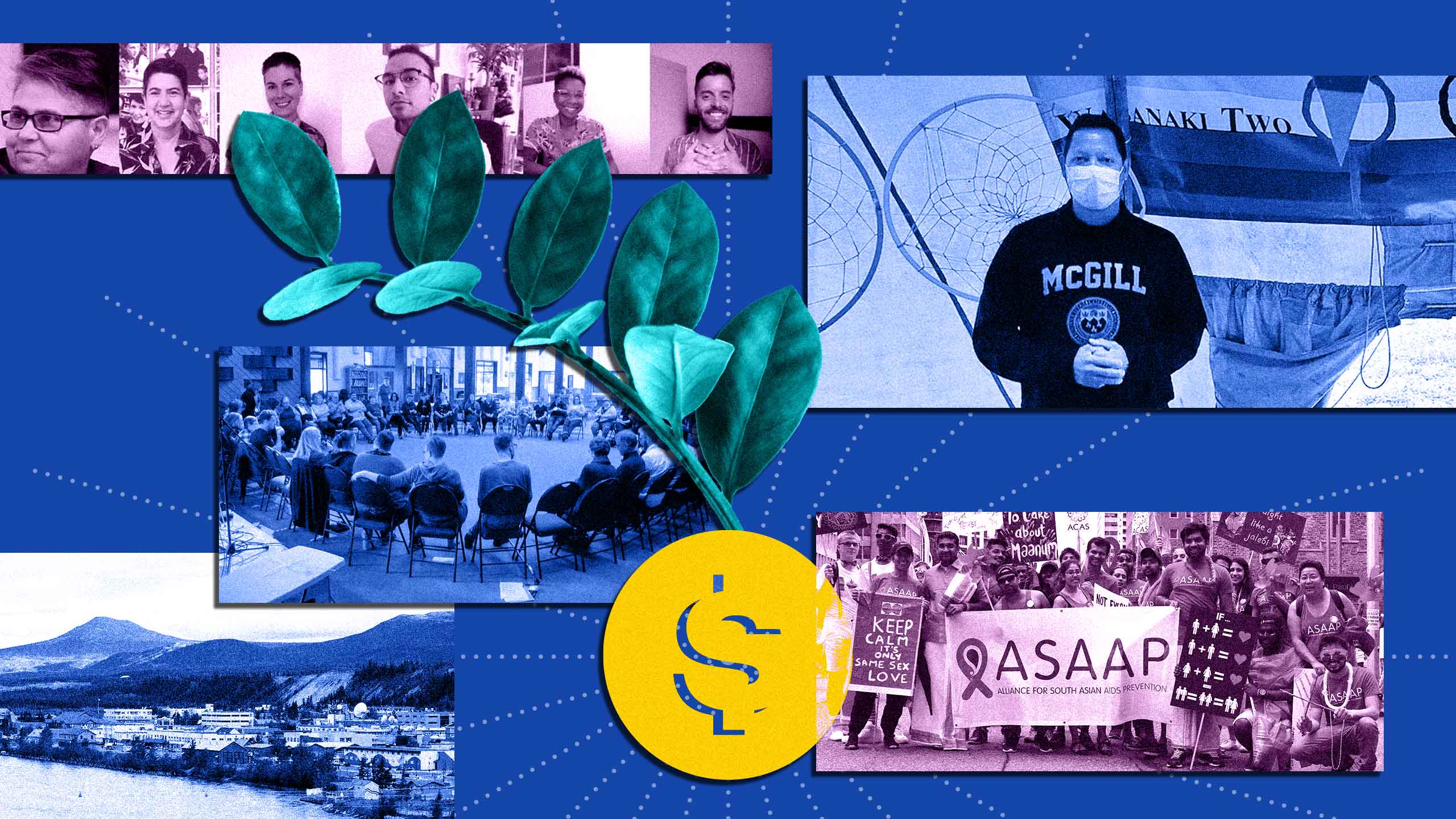
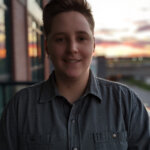
 Why you can trust Xtra
Why you can trust Xtra


